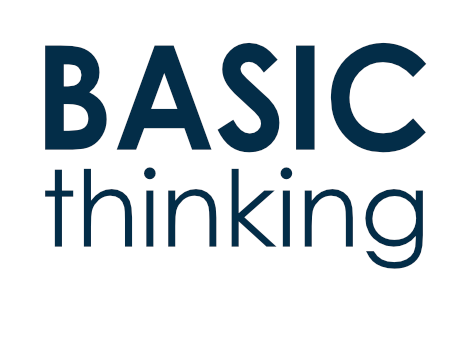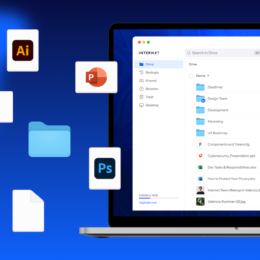Danny Dover hat sich die Mühe gemacht und die Google-Dienste auf das Speichern von allen möglichen Daten hin untersucht. Herausgekommen ist eine wahrhaftig dicke Liste, die in dem Umfang plastisch vor Augen führt, warum es prinzipiell nicht klug ist, eine Firma allein einen derartigen Datenspeicher anlegen zu lassen. Ein ganz kleiner Ausschnitt:
Search: Search Engine Result Pages, Country code domain, Query, IP address, Language, Number of results, Safe search, Additional preferences can include: Street Address, City, State, Zip/postal code, Server log, Query, URL, IP address, Cookie, Browser, Date, Time, Clicks, Google Account: Used as resource to compile information on individual users, Sign up: Sign up date, Username, Password, Alternate e-mail, Location (country), Personal picture, Usage, Friends, Google Services usage, Amount of logins, Toolbar: All websites visited, Unique application number, Sends all visited 404s to Google, Toolbar synchronization function, Stores autofill info with Google account
Siehe: The Evil Side of Google? Exploring Google’s User Data Collection. Nein, Google ist nicht evil. Aber once again:
Is data centralization in the hands of a single vendor an inherent threat to privacy? Yes. To draw an analogy, trusting the „Do No Evil“? line is like saying you“d support a President that you like changing the constitution to allow warrantless wiretapping. Centralization of power, even if it“s exercised benevolently at any given time, is not in our best interest in the long term. In fact, I“d argue that it“s highly irrational.
Allerdings kann man das auch wie folgt sehen:
The breaking away of privacy in the digital world is often understood as something dangerous, and for good reasons. But could there be opportunities in it, too? Do the current cultural and technological trends only dissolve the protected area of privacy, or could they dissolve as well the pressures that privacy is supposed to liberate us from? What if we witness a transformation of civilization so profound that terms like „private“? and „public“? lose their meaning altogether? Maybe we won“t need „privacy“? at all in the future because we will value other, new liberties more strongly?
Christian Heller, Embracing Post-Privacy
via netzwertig











